On Saturday February 18, Hawke’s Bay Hospital Intensive Care Unit (ICU) nurse Nayda Heays returned to work for the first time since Cyclone Gabrielle struck the region.
Heays, who is also Te Matau a Maui Hawkes Bay Te Rūnanga chairperson and Te Poari representative for the region, had been through two evacuations – from her Te Awa home at 10.30pm on February 14, and then, about eight hours later from her mother’s Onekawa South home the following morning.
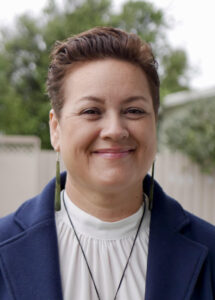
“We woke up at 6am to a flooded street.”
On the 1.5-hour trip from the hospital to her mother’s home, weary after a 12-hour shift, the events of the past few days hit her hard.
“I had a mental breakdown in the car. I was crying because I was going home to no power to cook my kai and then to do it all over again the next day.”
Driving to Hastings, she saw the extent of the damage wrought by the cyclone.
“I got to work and when I saw my colleagues, we were all crying about it. Because the stress we’ve been under and then to have to go to work and put our game face on, and work.”
Two and half weeks on from the terror of the cyclone health care workers were exhausted.
Long travel times on broken roads, processing the devastation to the land, homes and people, and being in a constant state of vigilance, are taking a toll.
“All the experiences are different, but I know one thing that will link us together is the emotional fatigue from this.”
Helping each other through
Heays said nurses throughout the region and beyond had immediately acted to support each other and their communities.
Hawke’s Bay Te Rūnanga members, with support from Te Poari, have organised an evening of support and whanaungatanga on Friday for attendance in person, or by zoom, Heays said.
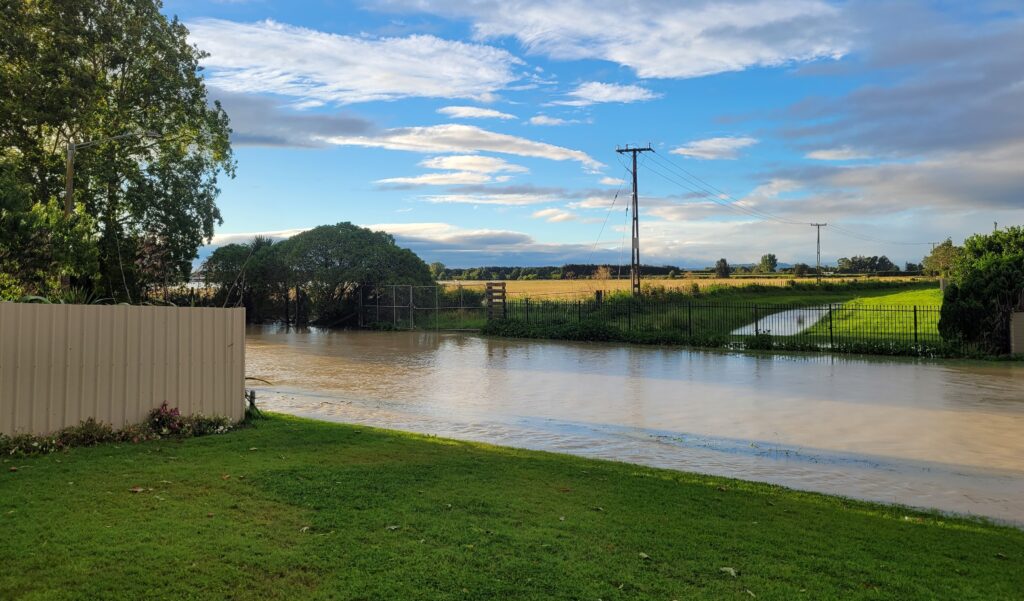
“We have decided to come together to debrief, to share kai, to waiata and to karakia, we’ve engaged our kaumātua from Te Whatu Ora, to come and do that with us and we’ve also offered Zoom options.”
Nursing staff at Hawke’s Bay Hospital have set up fundraising pages for two colleagues who have lost their homes and have limited or no insurance, organised care packages, and offered homes for respite.
Heays said the wellbeing of members needed to be prioritised through ongoing support and opportunities for manaakitanga.
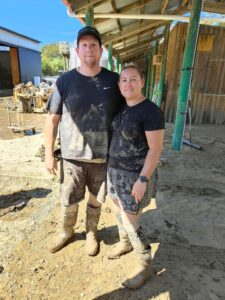
Te Whatu Ora Hawke’s Bay chief nursing officer Karyn Bousfield-Black said 79 workers across a wide range of roles had been redeployed from other regions to assist in Hawke’s Bay, with seven sent to Wairoa.
Bousfield-Black acknowledged the struggles staff were facing with long travel times, damaged homes, supporting whānau, and their own distress following the cyclone.
“Taking care of our teams is a priority, personally and professionally, alongside our ability to continue service delivery while managing the impact of the cyclone.”
Support provided included “allowing them to travel during times when there is less demand on the roads”, extended on-site counselling services if required and a workforce unit to manage staffing requirements.
Nurses help flood-affected communities and return to work
Another ICU nurse and the region’s Te Rūnanga proxy for chair, Alicia Barrett, responded to the needs of hard hit communities in the immediate aftermath of the cyclone.
She said the region wasn’t prepared for the “anxiety, fear, sadness and a feeling of huge loss and devastation” that came with Gabrielle.
‘[I thought] maybe I should not go to work, maybe I should stay home with my family because there might be no bridge tomorrow morning.’
Her home escaped flooding, but was without power for several days. She and her whānau waded through knee-deep water to check on neighbours, with several large trees ripped out of the ground in the area.
Over the next few hours they heard of severe flooding in Eskdale, where friends of whānau lived, before losing all phone communication.
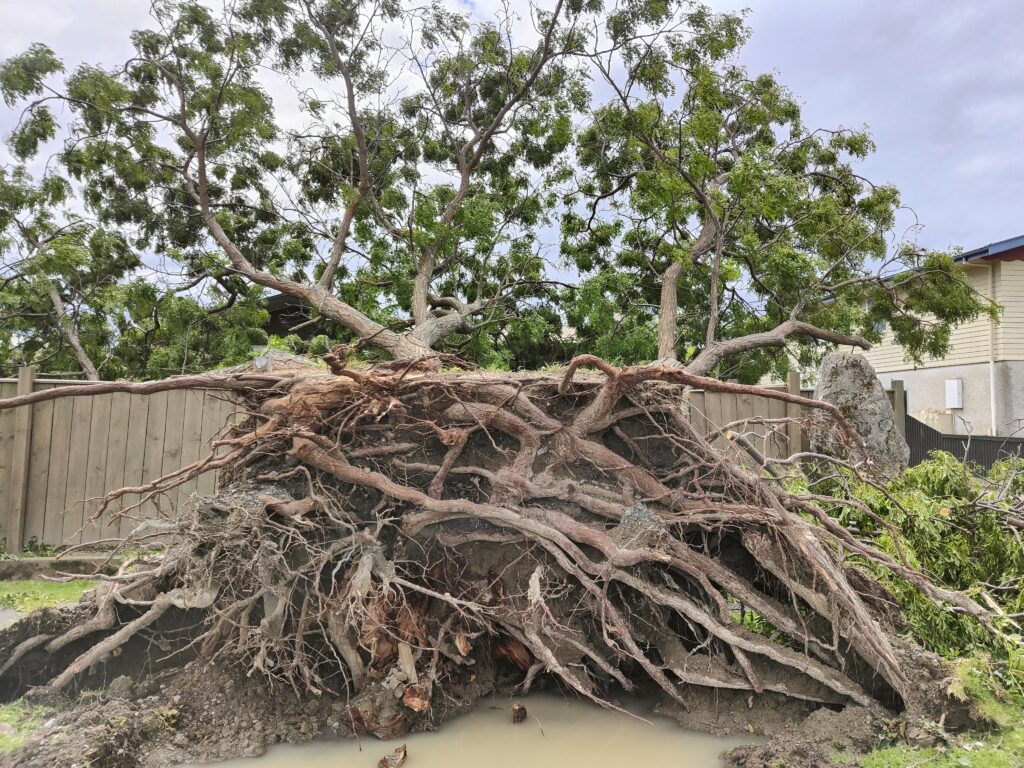
“Destruction was happening all around us and we had no idea of the magnitude of the damage. People were fearful of the safety of their extended whānau and friends.”
That afternoon, she became aware of more evacuation notices for nearby suburbs.
“My whānau and I anxiously went to bed that night. All three kids slept in our bed whilst [my partner] and I slept in the lounge with the fire going purely for light.”
The following day the street was again inundated with flood water, and they headed out again to see how they could help.
Barret and her partner helped dig out silt, and remove sodden and damaged furniture from homes in Pakowhai, Eskdale and Ohamu. “There was a paddock piled full of flood-ridden furniture and rubbish.”
‘I got to work and when I saw my colleagues, we were all crying about it. Because the stress we’ve been under and then to have to go to work and put our game face on, and work.’
“Roads were gone . . . grape vines were demolished, homes had floated down the river . . . some buried metres deep in silt.”
Barrett returned to work a few days later, where “staffing was at an even lower low than normal as so many nurses had been effected by the floods, emotionally and physically”.
Napier-based nurse Maia Burton returned to her role at the hospital three days after the cyclone for a night shift.
During the worst of the cyclone she was at home with her three children and teenaged niece.
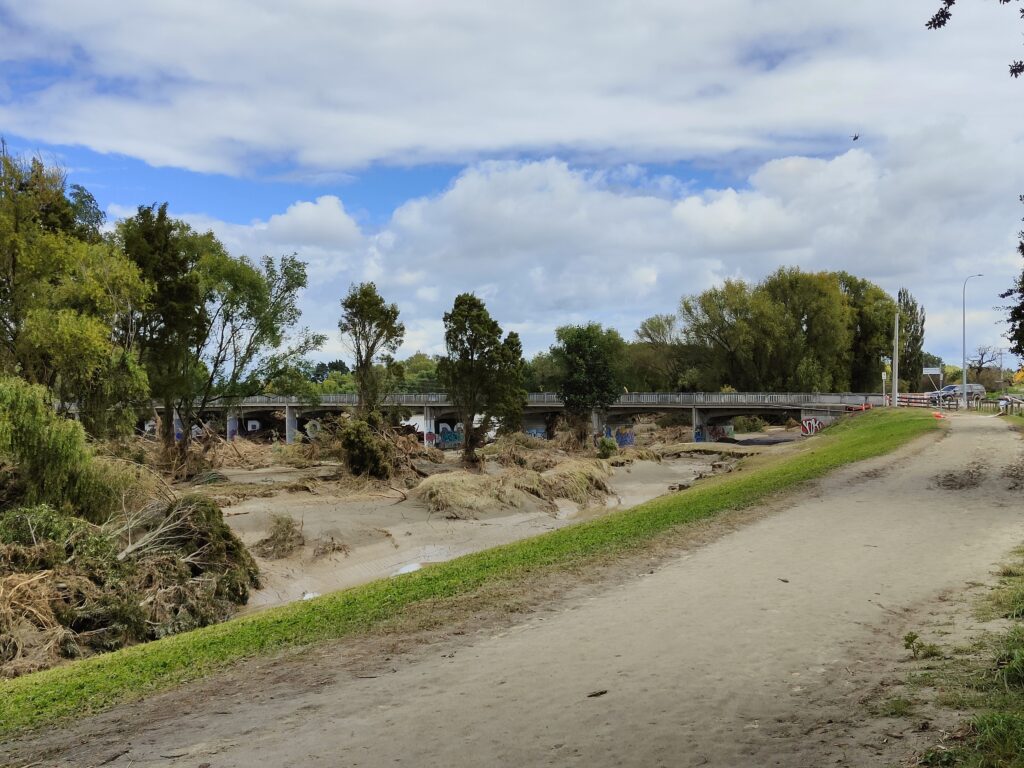
Her husband was unable to get home from his workplace and Burton could not speak to him as communications were down.
The following day, Burton’s sister and four children came to her home after being evacuated due to flooding and stayed for two to three days.
She said the long, slow drive over a flood-hit bridge, which was only opened to emergency and essential workers, was “scary”.
“[I thought] maybe I should not go to work, maybe I should stay home with my family because there might be no bridge tomorrow morning.”
Burton said having staff from other regions support them was really good.
“It’s been a reprieve we’ve received – it’s just so lovely, and they are all here doing their bit for their colleagues.”
Hospital at capacity and under pressure
A Hawke’s Bay Hospital nurse, who didn’t want to be named, said staff were struggling to discharge patients who were displaced from the flooding, or couldn’t get to their homes, due to roading damage.
“We’ve got people who have been flood-affected who we can’t discharge anywhere and it’s gridlocked our beds, and we can’t admit from the emergency department (ED).”
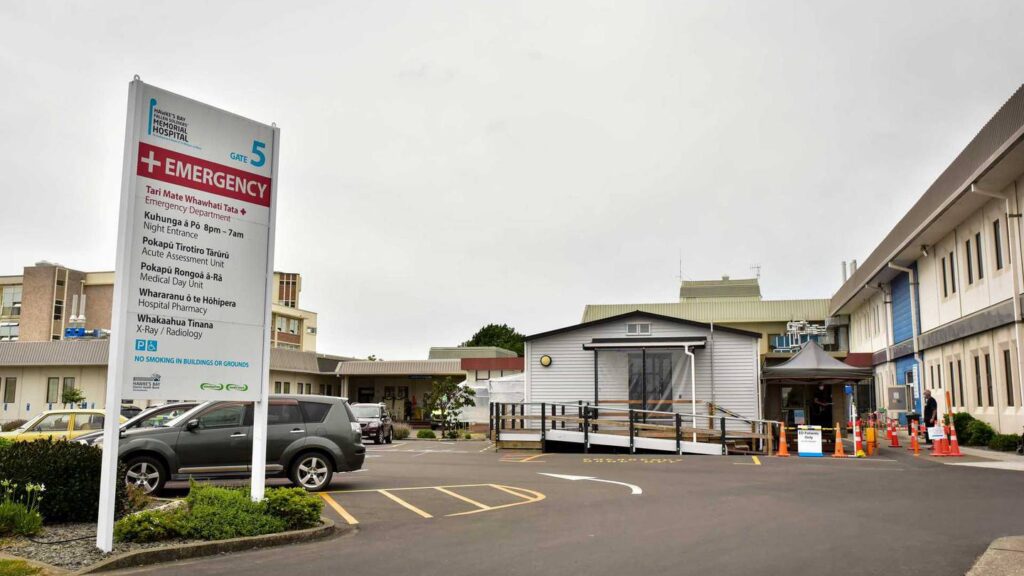
On Friday, Te Whatu Ora Te Matau a Māui Hawke’s Bay interim lead hospital and specialist services Chris Ash said the hospital has been at capacity in the “past few days” but this varied on a day-to-day basis.
“Some patients have been unable to return home due to the cyclone and we are working with them on a case-by-case basis.
“We are organising helicopter flights for discharged patients who live in areas unable to be reached by road.”
Fundraising pages set up for Hawke’s Bay Hospital nurses and their whānau:
https://givealittle.co.nz/cause/help-the-bridges-family-cyclone-relief
https://givealittle.co.nz/cause/help-for-haley-williamson-and-farm




